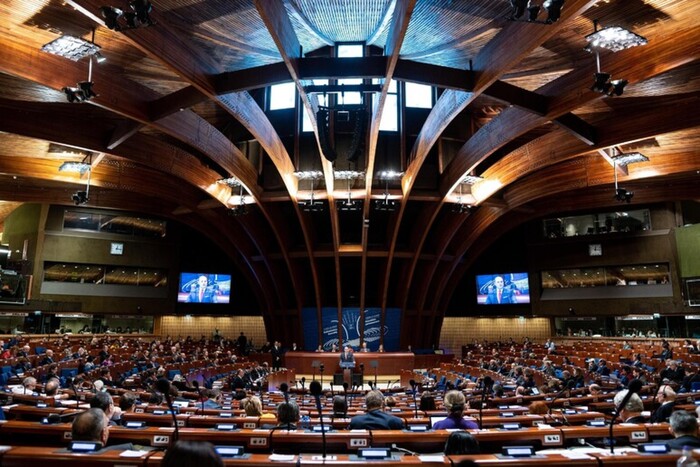The Council of Europe (CoE) is calling for a global ban on artificial intelligence (AI) practices - from amplification of disinformation to mass surveillance - that are not only unethical, but undermine democracy and democratic processes.
This, says the Chair of the CoE's Committee on ArtificialIntelligence Thomas Schneider, is the "clear signal" that theCoE intends to send out with the new system of rules under negotiation for its Framework Convention on AI.
The Convention "is close to finalisation" and has the potential to become the first global treaty on AI", Schneider tells ANSA.
The negotiations are running in parallel to those for the European Union's AI Act, which has now almost reached the finishing line.
The Framework Convention and the AI Act are two very differentlegal instruments that share the same approach and make the 'OldContinent' a source of inspiration for the rest of the world.
"The Framework Convention, elaborated in equal cooperation between the EU, other European States and States from outsideEurope (Argentina, Australia, Canada, Costa Rica, Israel, Japan, Mexico, Peru, Uruguay, and the United States of America), provides a bridge for global cooperation between European States and likeminded, democratic States around the world on how to make use of AI technology in a responsible manner," says Schneider.
However, there are still several knots in the negotiations to be tangled, including the possible exemption for matters related to national security from the application of the treaty.
On this point, which has also been contested by non-governmental organizations, Schneider was non-committal.
"In general, it should be noted that exemptions of this kind are sensitive but sometimes necessary - even in democratic societies," he observes.
The question of whether the rules applying to the public sector should also extend to AI systems developed and used in the private sector is also under negotiation.
"The debate is about how far Parties can be legally obliged to take specific measures to regulate the private sector, and what should be left to their discretion," says Schneider.
"In a global context, there are many different approaches to, and traditions for, how to regulate the private sector. Unlike the AI Act, the draft Framework Convention on AI is addressed only to States, not private actors," he adds.
ALL RIGHTS RESERVED © Copyright ANSA

